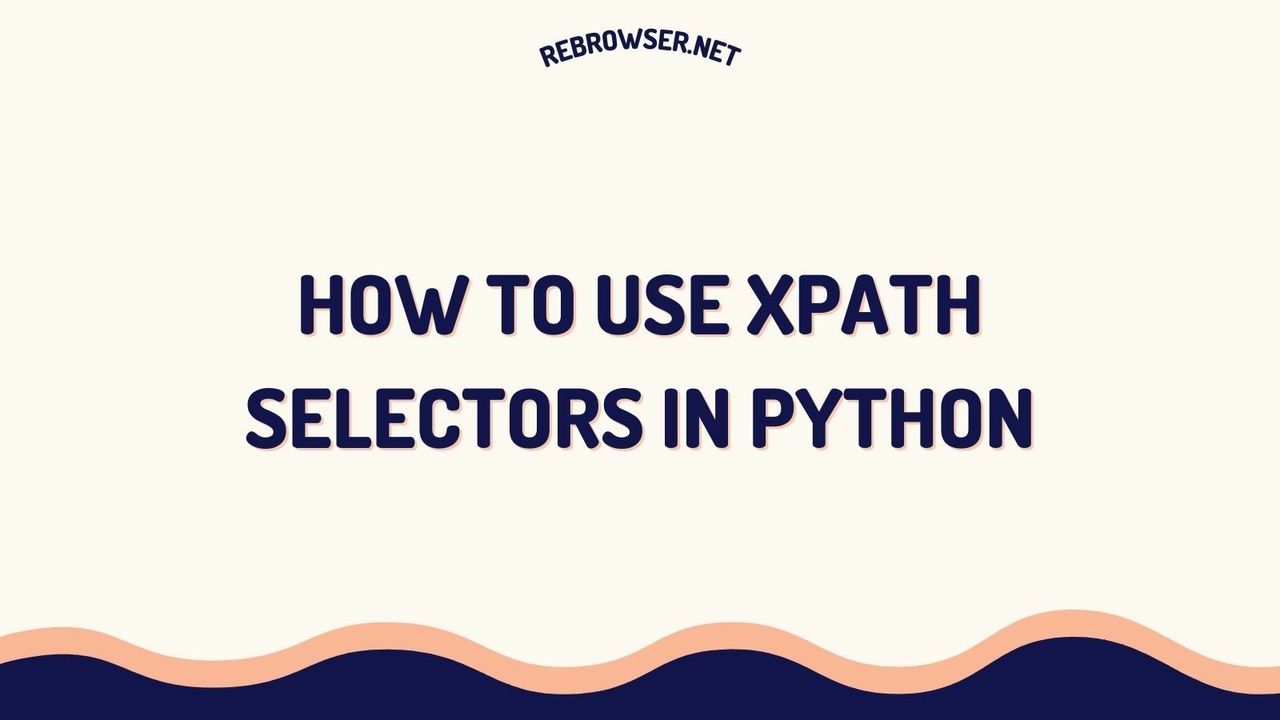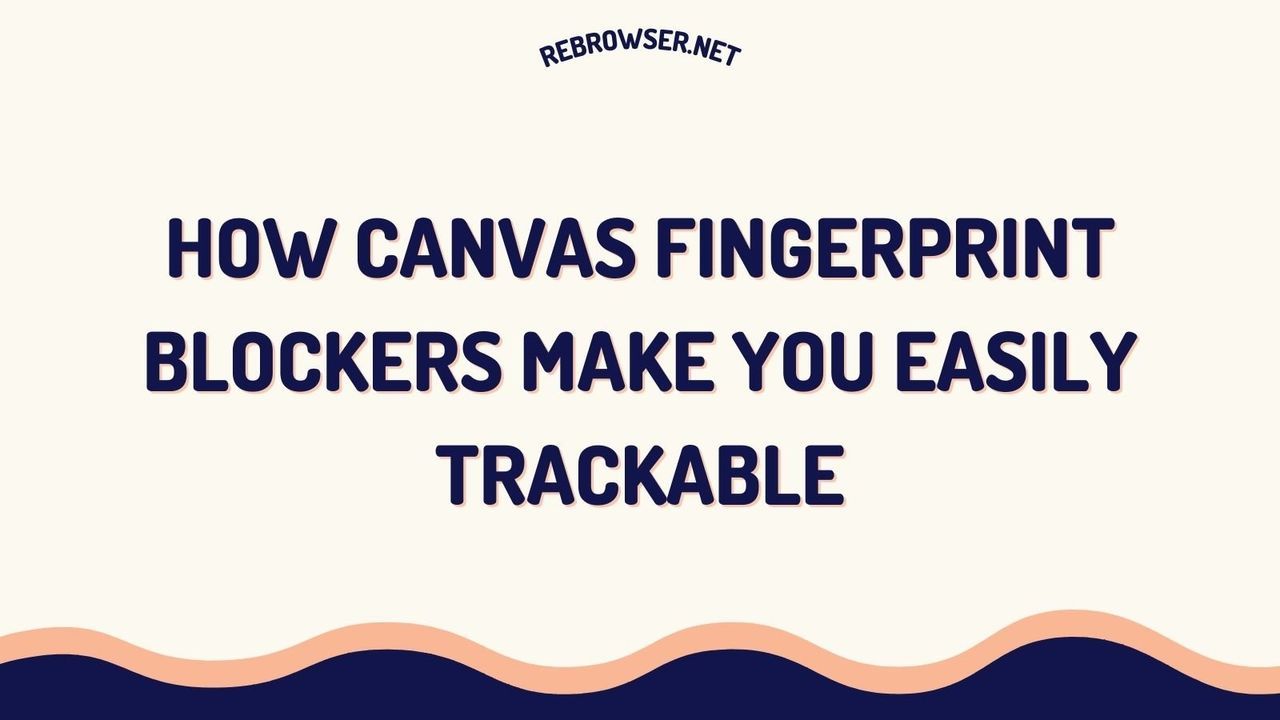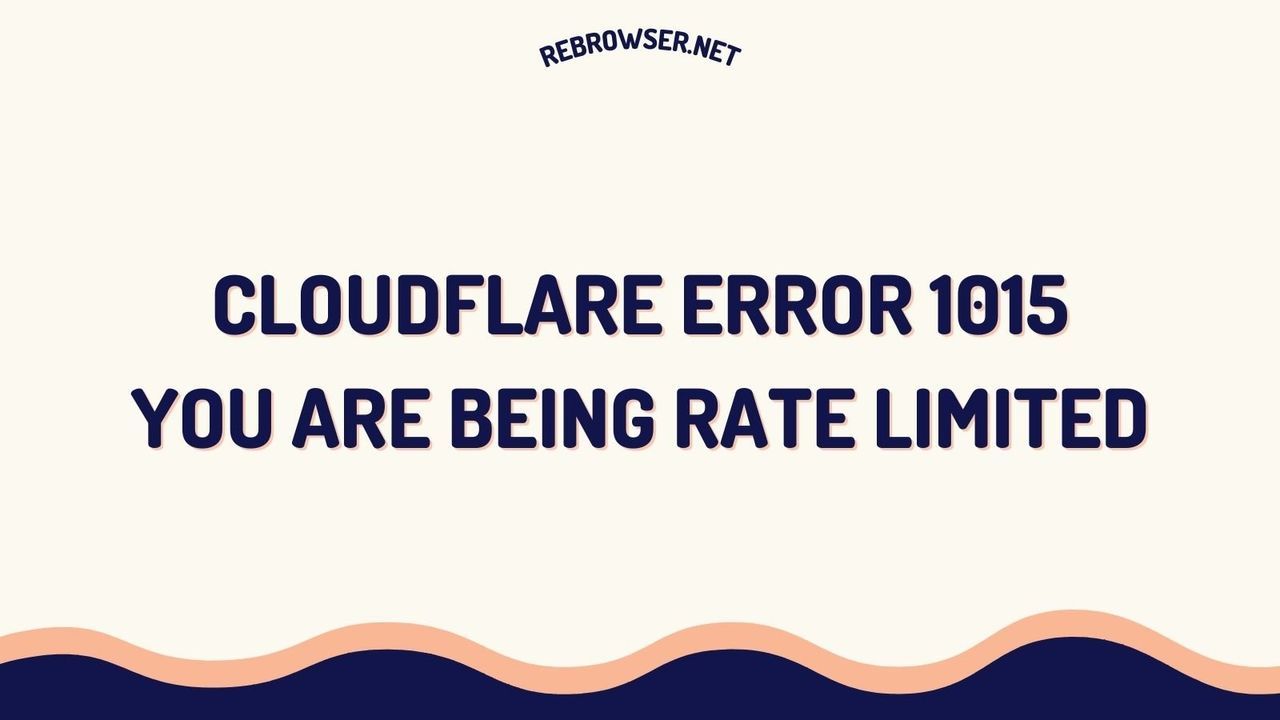HTTP vs SOCKS5 Proxy: Understanding the Key Differences and Best Use Cases
TLDR: Key Takeaways
- HTTP proxies excel at web browsing and content filtering, while SOCKS5 proxies offer versatility for various protocols and applications.
- SOCKS5 proxies generally provide better speed and lower latency, making them ideal for data-intensive tasks like streaming and file transfers.
- Both proxy types enhance online privacy and security, but their specific features cater to different use cases and performance requirements.
Understanding HTTP and SOCKS5 Proxies: An Overview
In today's digital landscape, online privacy and security have become paramount concerns for individuals and businesses alike. Proxy servers play a crucial role in addressing these issues, with HTTP and SOCKS5 proxies being two of the most popular options. This comprehensive guide will delve into the intricacies of HTTP vs SOCKS5 proxies, helping you understand their key differences and optimal use cases.
What is an HTTP Proxy?
HTTP (Hypertext Transfer Protocol) proxies are designed specifically for web browsing and operate at the application layer of the OSI model. These proxies work by intercepting HTTP requests from clients and forwarding them to the target web servers. Some key features of HTTP proxies include:
- Web traffic filtering and caching
- Content compression
- SSL/TLS encryption support (HTTPS)
- Header modification capabilities
- Basic authentication methods
What is a SOCKS5 Proxy?
SOCKS5 (Socket Secure version 5) is the latest iteration of the SOCKS protocol, which operates at the session layer of the OSI model. Unlike HTTP proxies, SOCKS5 proxies are protocol-agnostic and can handle various types of traffic. Key features of SOCKS5 proxies include:
- Support for multiple protocols (TCP, UDP, SMTP, FTP, etc.)
- Ability to work with any port number
- No interpretation or modification of network traffic
- Advanced authentication methods
- IPv6 support
Key Differences Between HTTP and SOCKS5 Proxies
To better understand the distinctions between HTTP and SOCKS5 proxies, let's examine their key differences across various aspects:
| Aspect | HTTP Proxy | SOCKS5 Proxy |
|---|---|---|
| Protocol Support | Limited to HTTP/HTTPS | Supports multiple protocols |
| Traffic Interpretation | Can interpret and modify web traffic | Does not interpret traffic |
| Speed | Generally slower due to traffic inspection | Faster, especially for non-web traffic |
| Security | Built-in encryption with HTTPS | No built-in encryption, but supports external encryption methods |
| Flexibility | Limited to web browsing and related tasks | Versatile, suitable for various applications |
Use Cases: When to Choose HTTP or SOCKS5 Proxies
The choice between HTTP and SOCKS5 proxies depends on your specific needs and use cases. Let's explore some scenarios where each proxy type excels:
Best Use Cases for HTTP Proxies
- Web Scraping: HTTP proxies are ideal for web scraping tasks due to their ability to interpret and modify HTTP headers, helping to avoid detection and blocks.
- Content Filtering: Organizations can use HTTP proxies to implement content filtering policies, blocking access to specific websites or types of content.
- Caching: HTTP proxies can cache frequently accessed web content, reducing bandwidth usage and improving load times for users.
- SEO Monitoring: Digital marketers can use HTTP proxies to check search engine rankings from different locations without triggering suspicious activity flags.
Best Use Cases for SOCKS5 Proxies
- Streaming and Gaming: SOCKS5 proxies offer lower latency and faster speeds, making them perfect for streaming content or online gaming.
- File Transfers: The versatility of SOCKS5 proxies makes them excellent for large file transfers using various protocols like FTP or P2P.
- Bypassing Firewalls: SOCKS5 proxies can help users bypass network-level restrictions and firewalls more effectively than HTTP proxies.
- Email Communication: SOCKS5 proxies work well with email protocols like SMTP, POP3, and IMAP, ensuring secure and private email communications.

Performance Considerations: HTTP vs SOCKS5 Proxy
When it comes to performance, several factors come into play when comparing HTTP and SOCKS5 proxies:
Speed and Latency
SOCKS5 proxies generally offer better speed and lower latency compared to HTTP proxies. This is primarily because SOCKS5 proxies do not interpret or modify the traffic passing through them, resulting in faster data transmission. HTTP proxies, on the other hand, may introduce slight delays due to their traffic inspection and modification capabilities.
Compatibility
HTTP proxies are widely supported by web browsers and web-based applications, making them highly compatible with most internet activities. However, SOCKS5 proxies offer greater versatility and can work with a broader range of applications and protocols, including those that don't support HTTP proxy settings.
Security
Both HTTP and SOCKS5 proxies can enhance your online privacy by masking your IP address. However, HTTP proxies with HTTPS support (often referred to as SSL proxies) offer built-in encryption for web traffic. SOCKS5 proxies don't provide encryption by default but can be used in conjunction with other security protocols like SSH or VPN for added protection.
Choosing the Right Proxy for Your Needs
Selecting the appropriate proxy type depends on your specific requirements and use cases. Here are some factors to consider when making your decision:
- Type of traffic you need to proxy (web-only or diverse protocols)
- Performance requirements (speed vs. traffic inspection)
- Security and encryption needs
- Compatibility with your applications and tools
- Specific features like caching or content filtering
It's worth noting that many proxy providers, including those offering mobile, residential, and datacenter proxies, support both HTTP and SOCKS5 protocols. This flexibility allows you to switch between proxy types as needed, depending on your current task or project requirements.

Conclusion: Making an Informed Choice
Understanding the differences between HTTP and SOCKS5 proxies is crucial for making an informed decision about which type to use for your specific needs. While HTTP proxies excel at web-related tasks and offer features like content filtering and caching, SOCKS5 proxies provide versatility and improved performance for a wide range of applications.
Ultimately, the choice between HTTP and SOCKS5 proxies depends on your unique requirements, the nature of your online activities, and the level of performance and security you need. By carefully considering these factors, you can select the proxy type that best aligns with your goals and ensures a seamless, secure, and efficient online experience.
Remember, whichever proxy type you choose, it's essential to use high-quality proxy servers from reputable providers to maximize your success in various online activities, from web scraping and market research to content streaming and secure communication.
Frequently Asked Questions
Can I use HTTP and SOCKS5 proxies interchangeably?
While both proxy types can enhance privacy, they are not always interchangeable. HTTP proxies are best for web browsing and content filtering, while SOCKS5 proxies offer versatility for various protocols. Choose based on your specific needs and the applications you're using.
Which proxy type is faster: HTTP or SOCKS5?
Generally, SOCKS5 proxies are faster than HTTP proxies. This is because SOCKS5 doesn't interpret or modify traffic, resulting in lower latency. However, the actual speed can depend on various factors, including server location and network conditions.
Are SOCKS5 proxies more secure than HTTP proxies?
Both proxy types can enhance privacy, but their security features differ. HTTP proxies with HTTPS support offer built-in encryption for web traffic. SOCKS5 proxies don't provide encryption by default but can be used with other security protocols for added protection.
Can I use HTTP or SOCKS5 proxies for streaming and gaming?
SOCKS5 proxies are generally better suited for streaming and gaming due to their lower latency and support for various protocols. They can handle real-time data more efficiently than HTTP proxies, providing a smoother experience for these activities.
Do I need different proxy servers for HTTP and SOCKS5 connections?
Not necessarily. Many proxy providers offer servers that support both HTTP and SOCKS5 protocols. This allows you to use the same server with different connection types, depending on your current needs.





